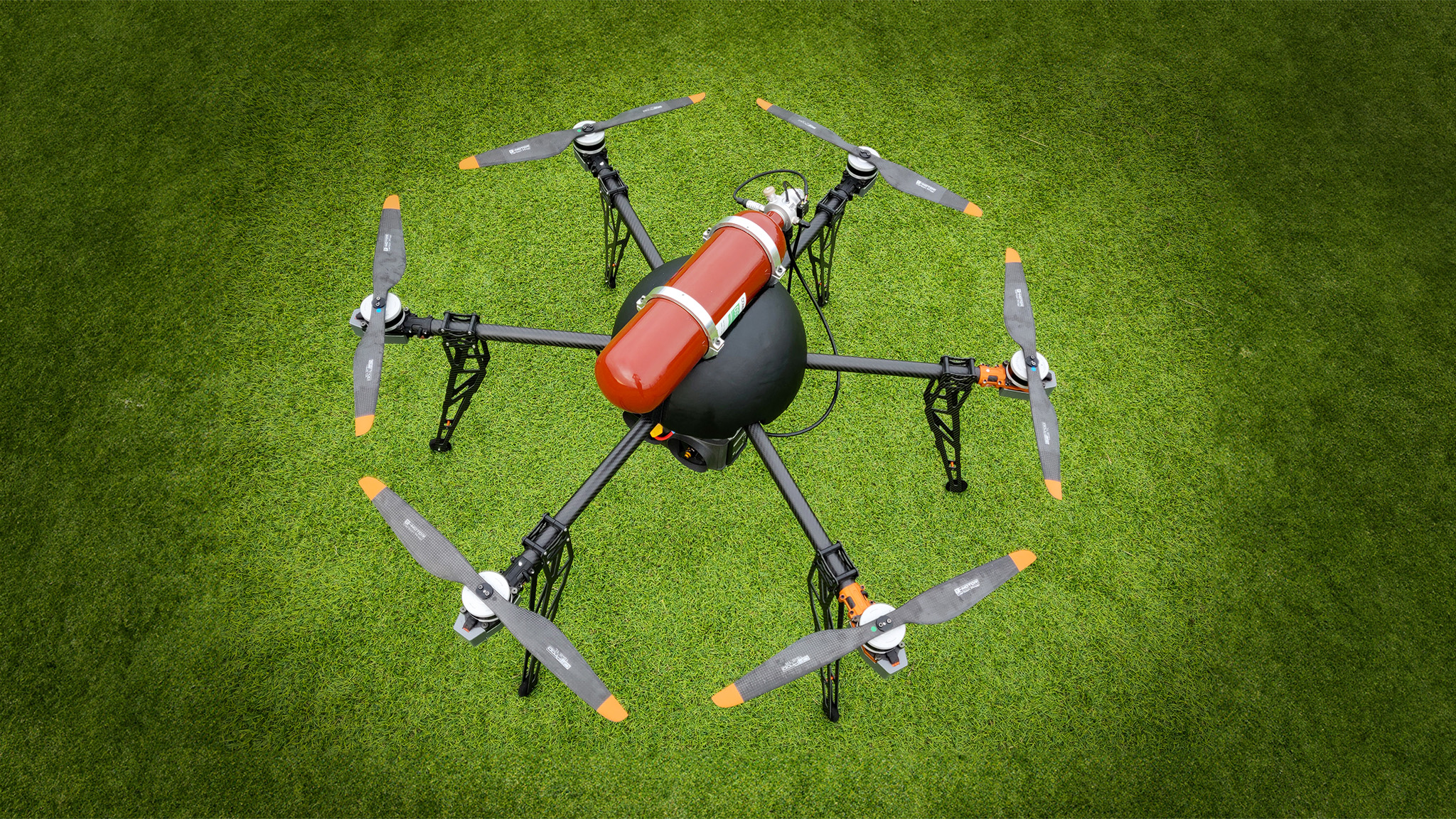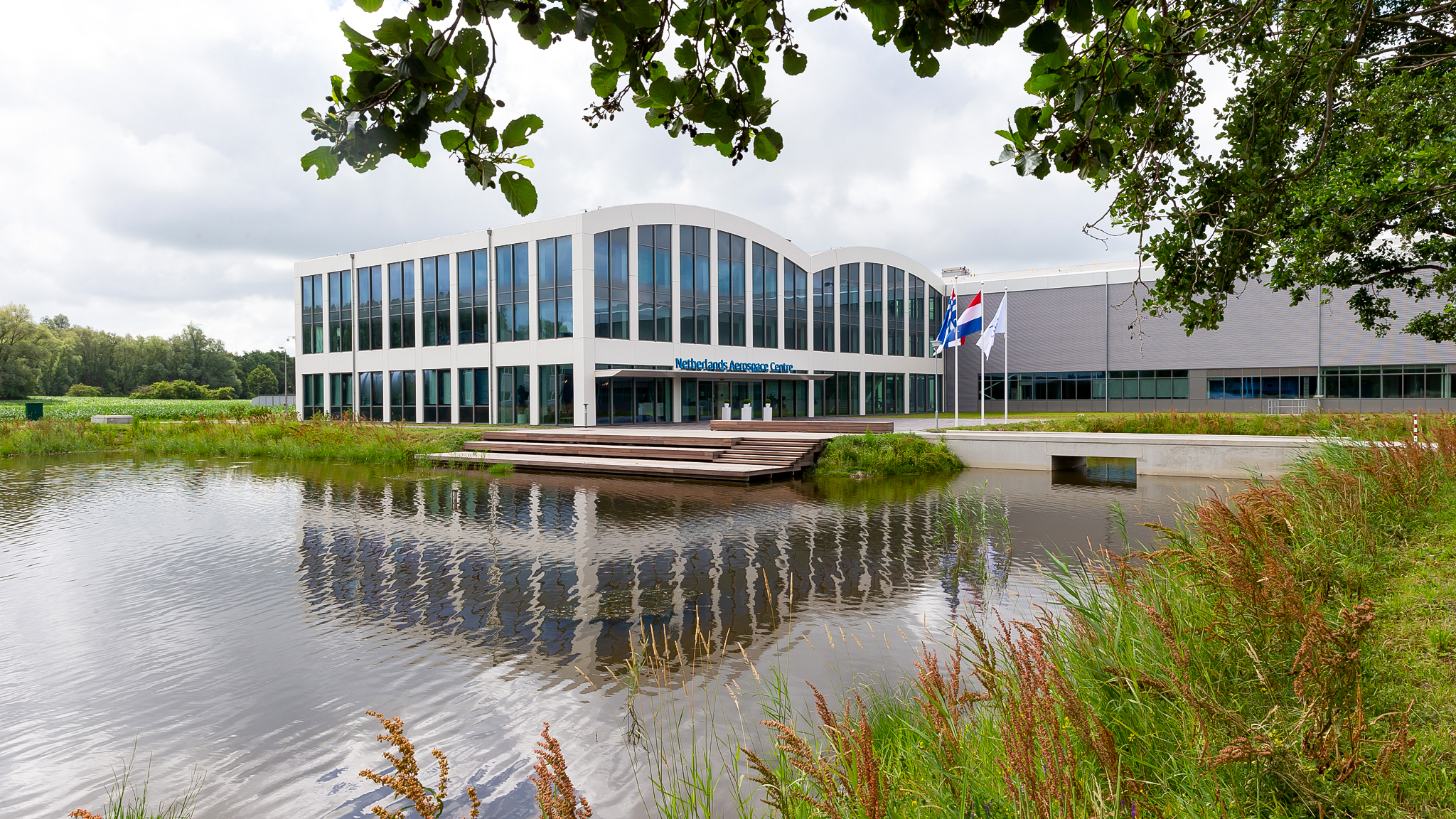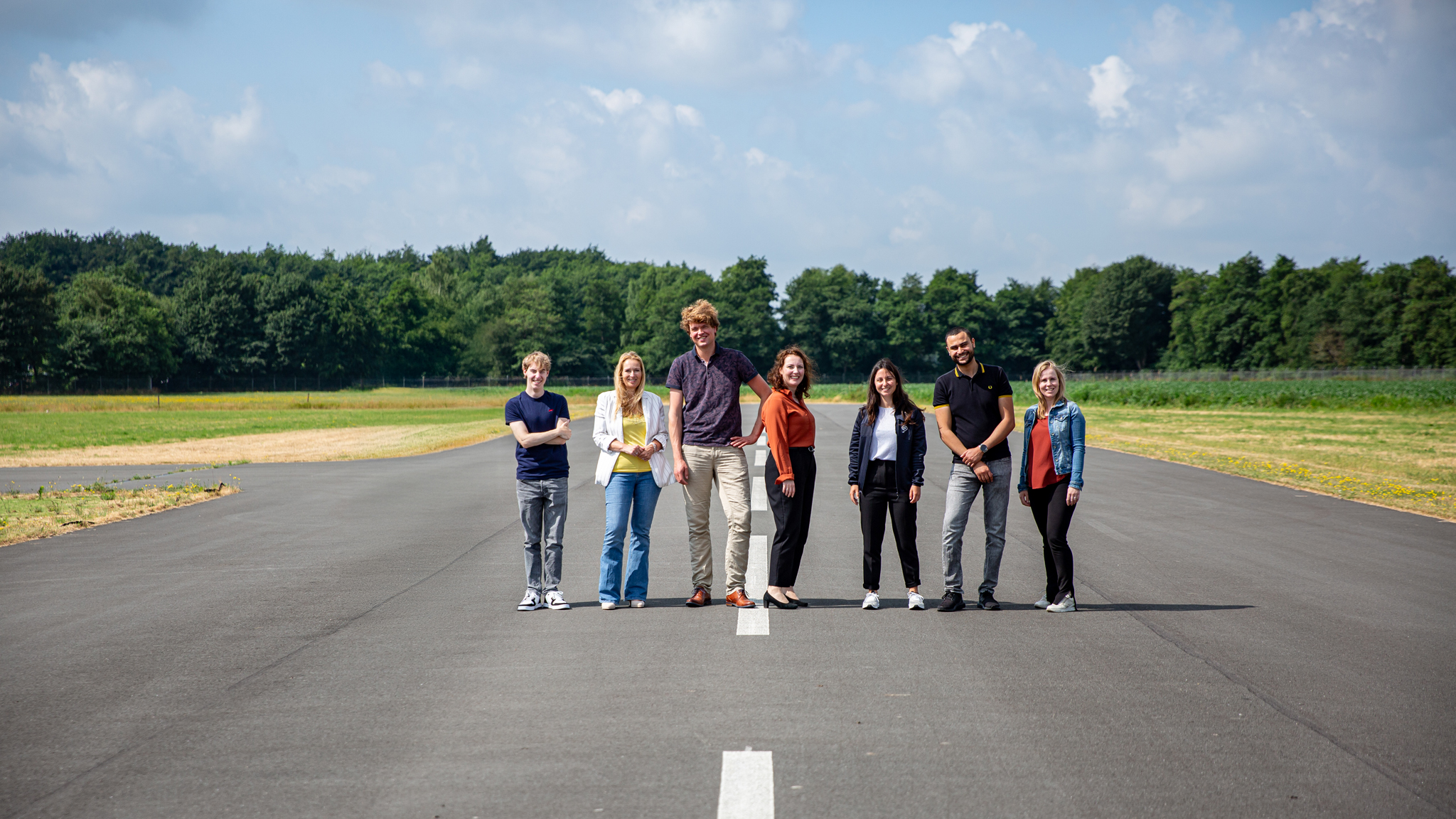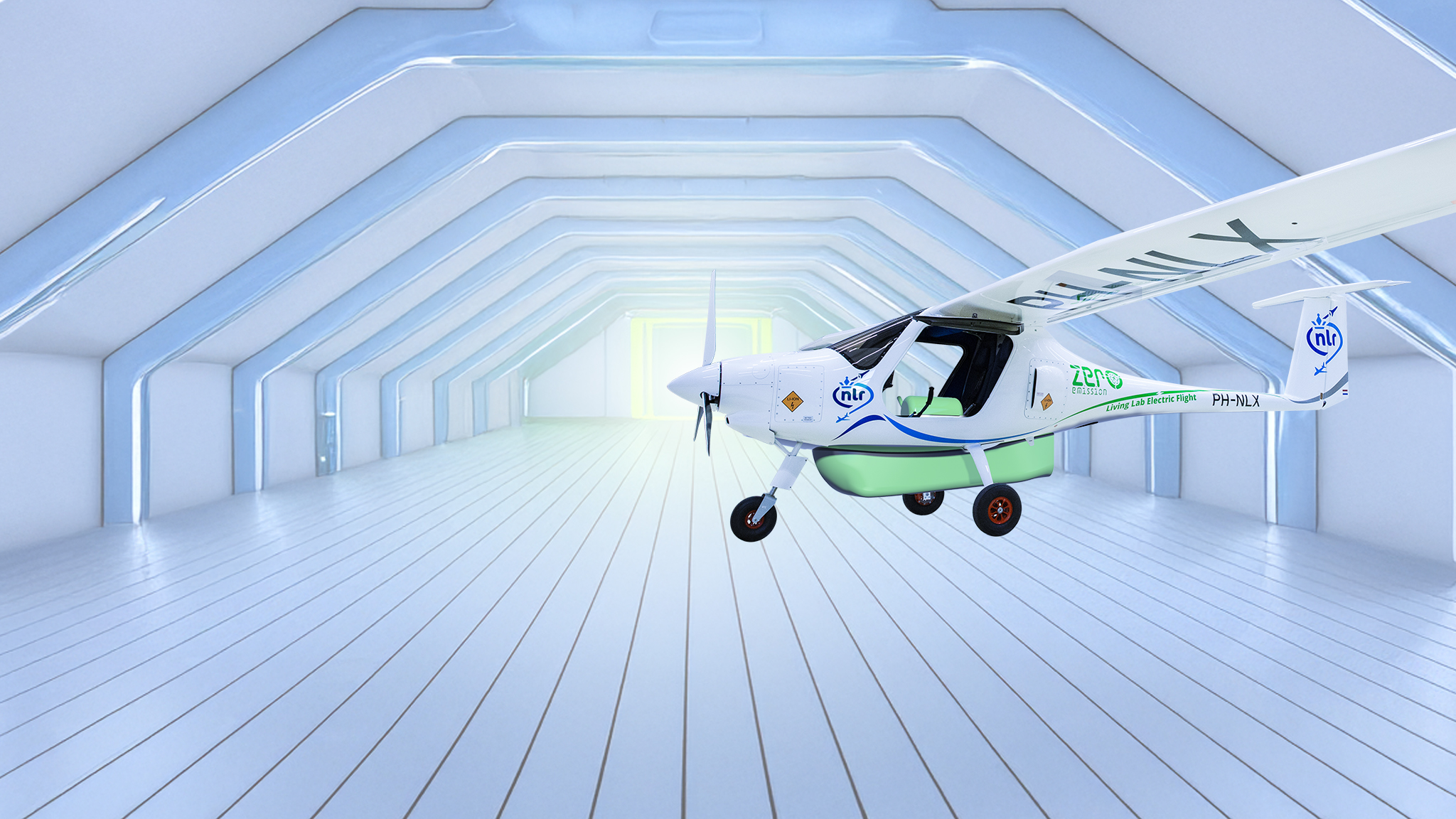At the testing centre in Marknesse, the Royal Netherlands Aerospace Centre (NLR) has flown a drone in Dutch airspace powered by hydrogen. This is the first time it has been done outdoors in the Netherlands and it provides additional insights into research and development of alternative fuels for sustainable aviation.
Martin Nagelsmit, the Electric Flying programme manager, says, “The drone’s power is 2 kW. The next planned step for hydrogen-powered flying is quite a bit bigger: 15 kW. Ultimately, NLR is aiming for emission-free aviation by no later than 2070. Hydrogen power can play a major role in this. So we’re starting by making that possible for drones. In addition, we are demonstrating a concrete step in the agreements that the aviation sector has made for reducing CO2 emissions by 35% by 2030, as well as in the agreements in the draft accord for sustainable aviation.”
After carrying out various tests, NLR will share its findings with other parties so that they too can carry out flights in the short term. The Dutch navy is for instance busy developing a hydrogen-powered drone for flights above sea, and the close co-operation with DroneHub Groningen Airport Eelde means that their drone will also be approved by NLR shortly.
Hydrogen-powered flight
This first flight involved a drone – or more formally, a Remotely Piloted Aircraft System (RPAS) – weighing eight kilograms with six propellers and a high-pressure tank (300 bar) of two litres, filled with hydrogen gas. The tank is connected to a fuel cell in which an electrochemical process takes place, reacting the hydrogen with oxygen from the air to produce electrical energy. This ensures that the drone’s flight is – locally at least – CO2-neutral. The only residual product is water vapour.
Another major benefit of hydrogen is that the drone can fly significantly longer with a full tank than it could with just a battery.
Flying drones safely
Flying in Dutch airspace is in principle only permitted using devices and pilots that comply with all the legal requirements. At the end of 2015, NLR set up the Netherlands RPAS Test Centre (NRTC) with broader authorisations: its own airspace with the requisite permits and exemptions for flying prototypes that do not yet comply with all the requirements. The airspace and the premises are closed sites.
More information
Visit the website of our RPAS Test Centre.
The hydrogen drone has been experimentally approved and NLR pilots may fly it without a special airworthiness certificate (S-BvL). One result of a thorough safety analysis was that the drone now has a backup for the hydrogen power unit. Should there be a loss of power, a battery can automatically be activated. This lets the drone continue flying and it can then land safely.



